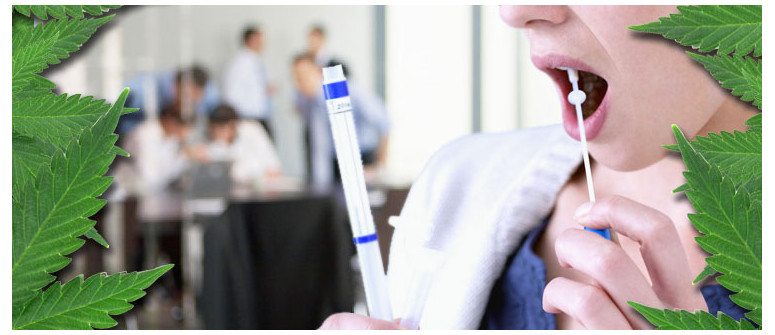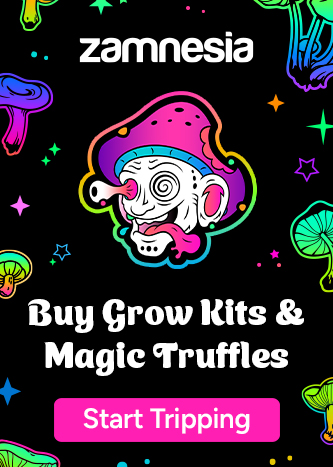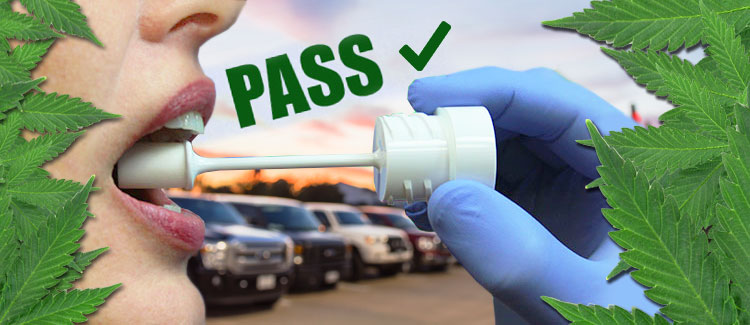How does a marijuana saliva test work?

Regular marijuana use is for many a way of life. However, this puts users in a difficult conundrum when the threat of routine drug screening is also a factor. We cover everything you need to know about this increasingly frequent testing method.
Testing for cannabis use, whether it is urine, blood or saliva is, unfortunately, becoming increasingly common. In some countries employers could subject workers to routine screening, while law enforcement agencies will test for the presence of illicit substances in random roadside tests or after motoring incidents.
In US states where cannabis is legal, an approach to random testing is becoming significantly more popular among highway agencies. The action is of course, in an effort to minimize any road related incidents, but for regular cannabis users, the existence of possible testing can be very unnerving.
TESTING FOR CANNABIS USE WITH SALIVA IS BECOMING MORE COMMON
Testing via a mouth swab is both simple and effective, at least from the testers point of view. It can identify recent drug use, which makes it ideal for employers who might suspect someone of coming to work under the influence.
As it is less invasive than a blood or urine test, it is fast becoming the most popular means of identifying cannabis use, not least of all because it is cheap. Because there is no need to send the swabs off to a lab, results can be identified on the spot.
HOW DOES A SALIVA TEST WORK?
One of the critical differences in saliva tests compared to the conventional urine test is the compounds each method tests for. Urine tests screen for THC-COOH, a metabolite specific to THC that is produced when your body metabolizes the cannabinoid. THC-COOH can be detected in your body up to 3 months after the last time you smoked.
Saliva, on the other hand, is trying to detect delta-9-tetrahydrocannabinol, basically THC, before it has a chance to be broken down by your body. So when you smoke cannabis, the inside of your mouth becomes lined with the THC you have inhaled. Authorities allege it is more accurate than a urine test but some of the literal “get out of jail free cards” that some smokers have come up with, prove that the accuracy of saliva tests remains to be seen.
WHAT TO EXPECT WHEN BEING TESTED
Using a swab that resembles a toothbrush, the tester will place it between your lower gum and cheek. To ensure it is adequately coated in saliva, the swab will be left there for up to two minutes before a pass or fail result is given.
The most significant variable in any aspect of testing is the confirmation cutoff. This is the point at which THC levels are no longer detectable, thus providing a negative result. It can vary depending on who made the test, and given the widespread legislative changes surrounding cannabis legalization, government bodies are also trying to define the appropriate threshold.
HOW LONG IS MARIJUANA DETECTABLE FOR?
The most valuable detail. Because saliva tests are looking for recent cannabis use, they can only detect THC up to 72 hours after the last time it was smoked or ingested. That means in just a few short days cannabis use cannot be identified—good news if you know a test is looming, not so great news if it is a random roadside test and you are unprepared. Giving yourself a weeks grace from good ol’mary jane would all but guarantee passing a saliva drug test.
IS IT POSSIBLE TO BEAT A SALIVA TEST?
Some say yes, it is possible to beat a saliva test. There are quite some anecdotal accounts of smokers who have inhaled cannabis and beaten the test the same day.
It is said that regularly rinsing your mouth with mouthwash as well as brushing your teeth and flossing can help to provide a negative result.
Swilling mouthwash can prove a little tricky if the test is unannounced or it occurs as you happen to be driving home. Pulling a bottle of mouthwash from your glove box will probably sound alarm bells with enforcement agencies.





